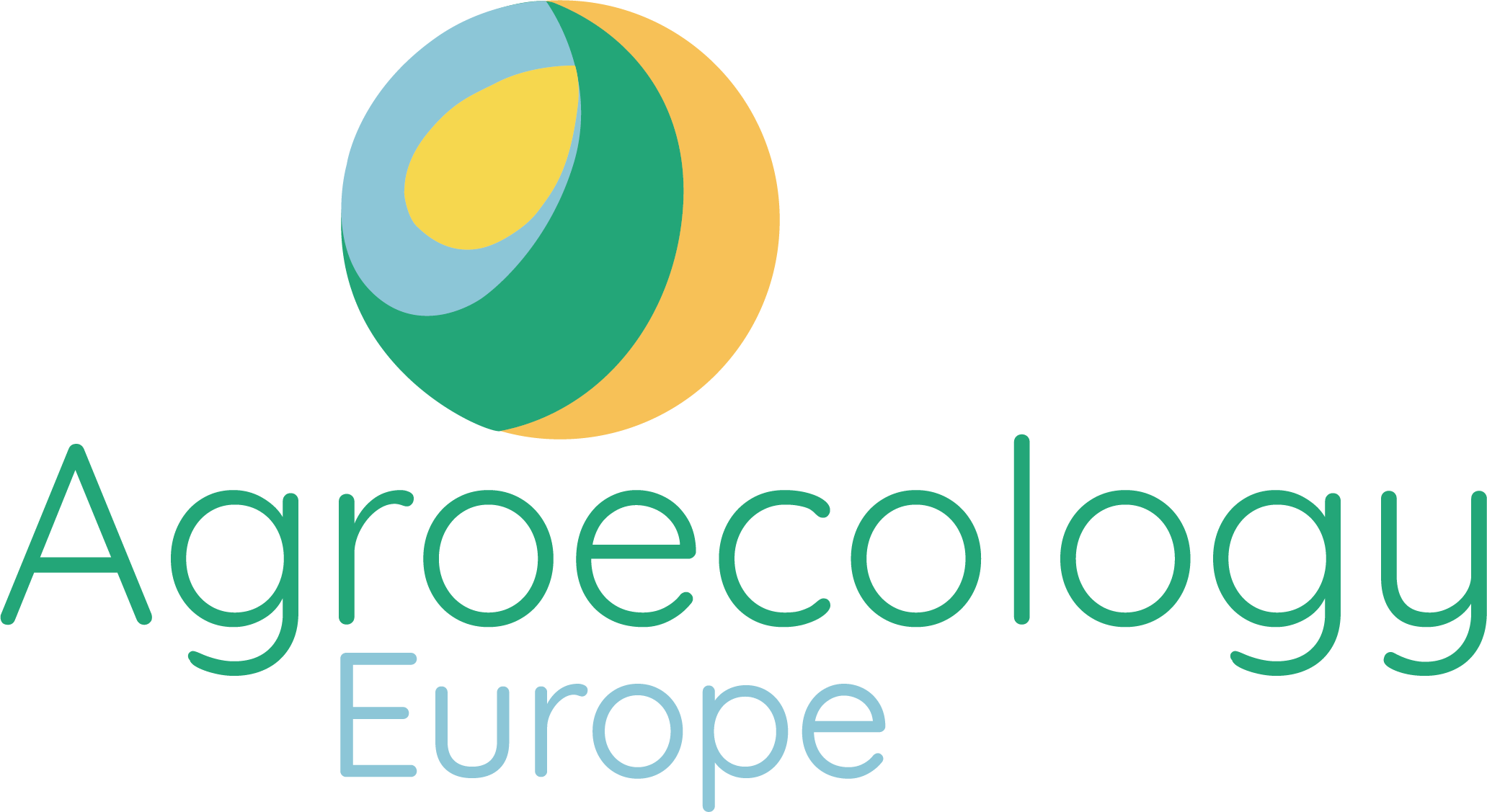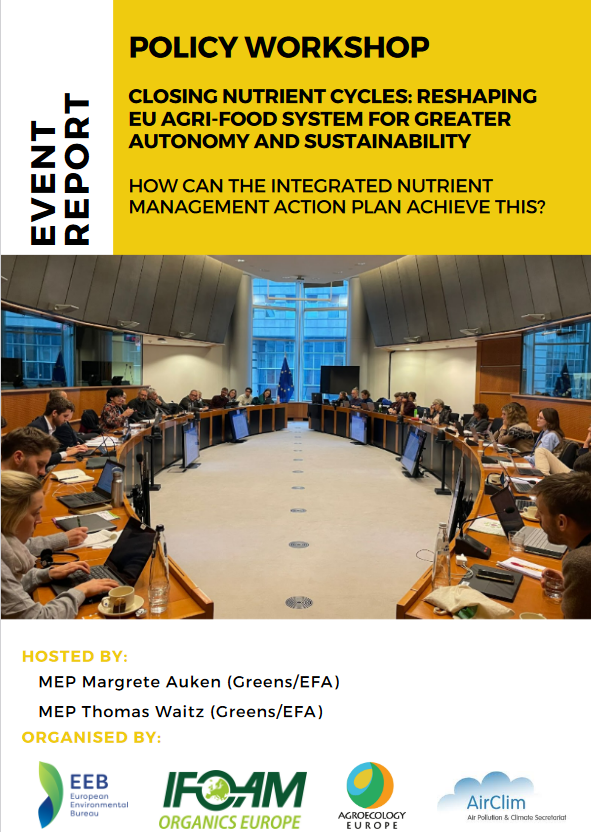As announced in the EU Biodiversity and Farm to Fork strategies and in the Zero Pollution Action Plan, the European Commission is developing an Integrated Nutrient Management Action Plan¹ (INMAP) to tackle the currently unsustainable nutrient flows in the EU. The INMAP will aim to deliver on the European Green Deal’s targets to reduce nutrient losses by at least 50% and fertilizer use by at least 20% by 2030 in Europe and will complement the Zero Pollution Action Plan.
Current nutrient flows in the EU surpass the safe planetary boundaries² with dire consequences for the environment and human health, including eutrophication, nitrate pollution of surface and groundwater including sources of drinking water, harmful air pollution, greenhouse gas emissions, deteriorating soil quality, and biodiversity loss. Russia’s war has exposed how dependent the EU agricultural system is on imports of feed, fossil gas and fertilizers, which are also the main drivers of the current negative environmental effects of excessive nutrient flows.
Thus, the upcoming Integrated Nutrient Management Action Plan is a crucial opportunity to take a holistic approach to nutrient flows and losses and stir the search for systemic solutions for an self-sufficient agricultural system that fosters long-term productivity.
The objectives of this workshop are to reflect on how existing legislations already deliver or not on reducing nutrient flows and losses, as well as on how the INMAP can integrate an holistic and long-term approach on food system transformation based on solutions already used in farming practices such as in organic agriculture and agroecology.
The workshop gathered 40 people in-person and 40 people online. Participants including among others journalists, political advisors, MEP’s assistants, DG ENVI’s staff, NGOs representatives, and scientists.

